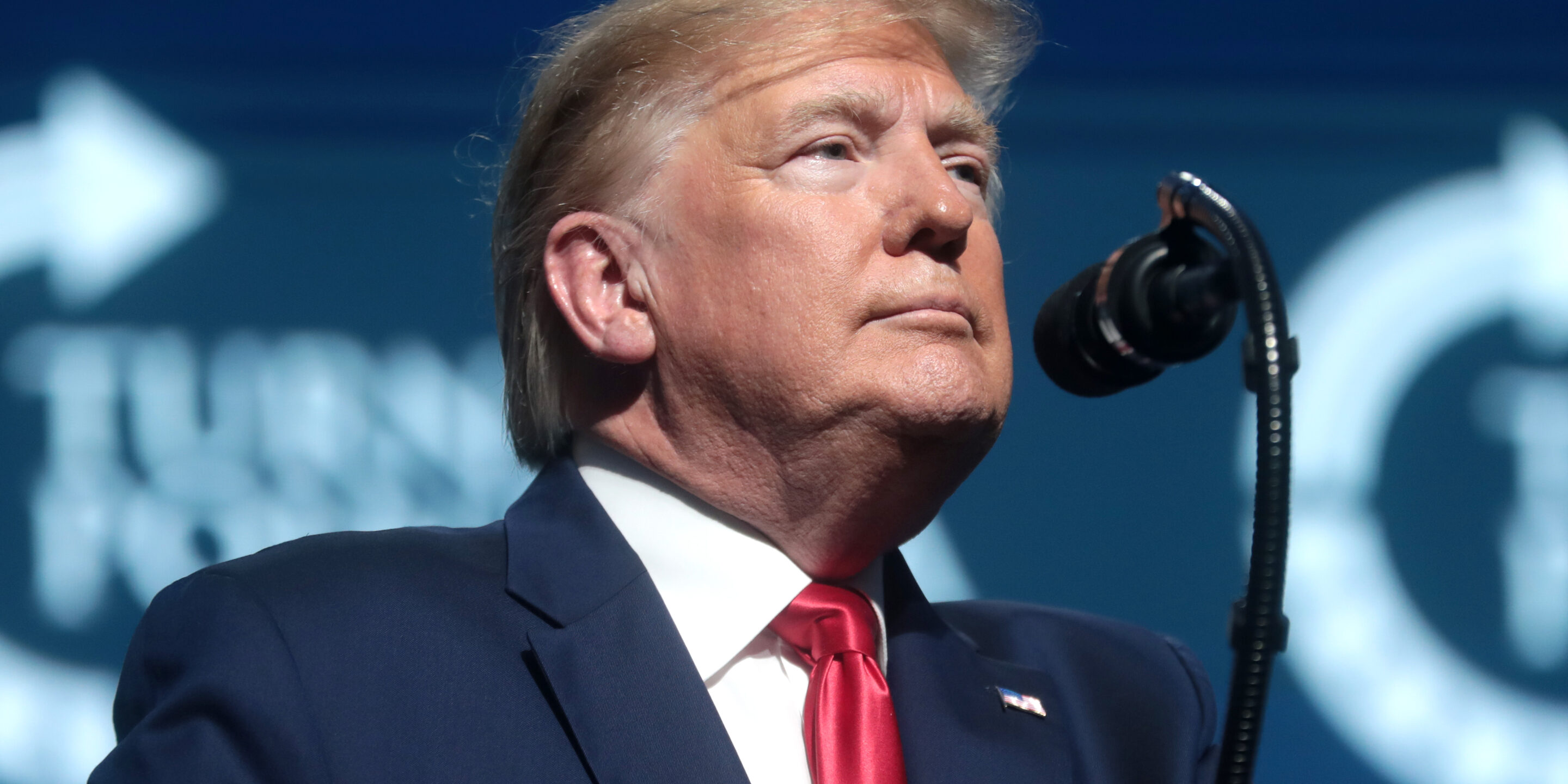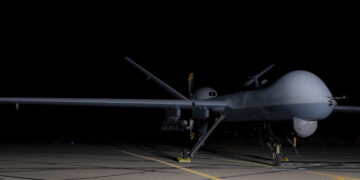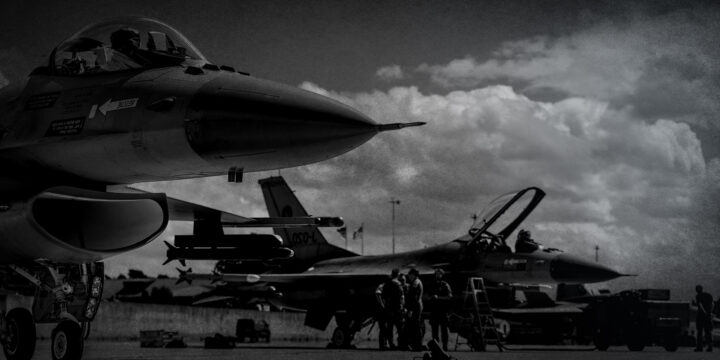
With the exception of Hungary’s Viktor Orbán and Slovakia’s Robert Fico, it’s safe to assume that Europe is petrified about the prospects of a second Donald Trump presidency. As one European foreign policy analyst told the New York Times last summer: ‘It’s slightly terrifying, it’s fair to say.’
The terror meter went up a few notches this weekend, when Trump addressed supporters at a campaign rally and told a story (who knows if the story was actually true) about the time he told a European bigwig that the United States would protect a European country from Russian invasion if it failed to meet Nato’s defence spending benchmark. ‘In fact,’ Trump said, ‘I would encourage them to do whatever the hell they want.’
The reaction was swift, immediate, and angry. The Biden administration blasted Trump’s comments as ‘appalling and unhinged’. The German Foreign Ministry, in a not-so-subtle brushback, reminded everybody with an X account that Nato keeps 950 million people safe from a possible Russian invasion. European Council President Charles Michel tweeted out something more forceful: ‘Reckless statements on #NATO’s security and Act 5 solidarity serve only Putin’s interest.’
You would get a lot of support for that statement in Washington, DC, a town that hyperventilates after every Trump utterance. Indeed, lawmakers are so concerned about what Trump would do with Nato if he returned to the White House that they included a provision in the annual defence policy bill barring any future president from pulling the U.S. out of the transatlantic alliance. The U.S. election is still nine months away but the foreign policy establishment on both sides of the Atlantic are doing what they can to prepare.
More on Europe

October 17, 2025

By Geoff LaMear
October 11, 2025
Events on NATO







